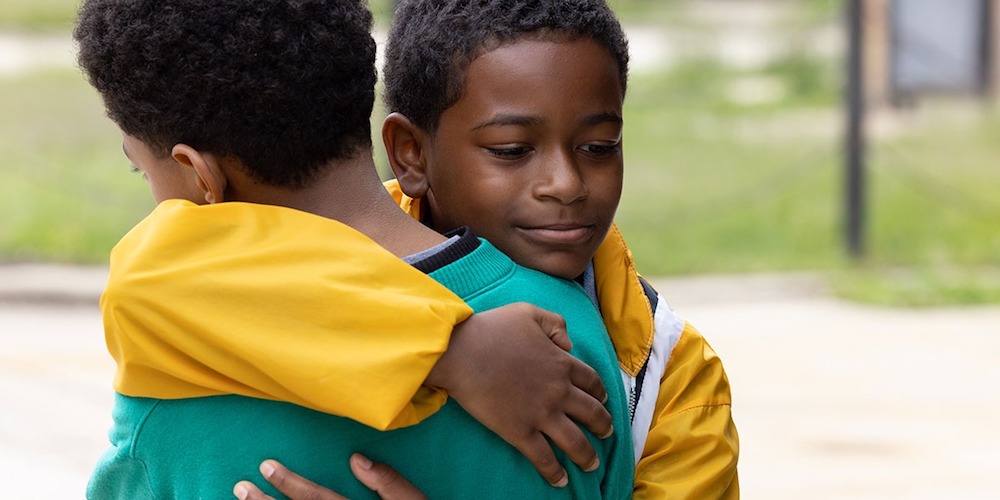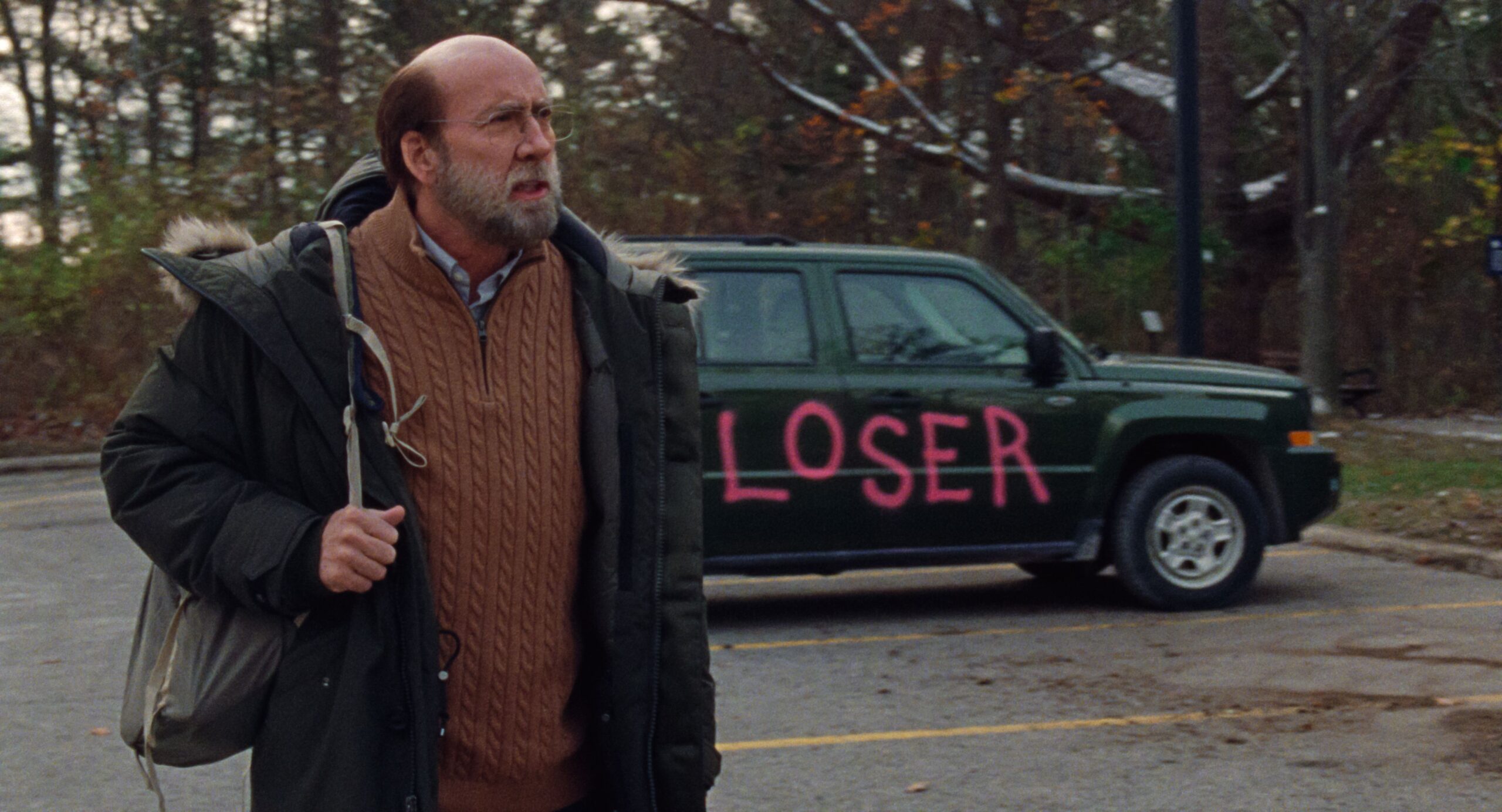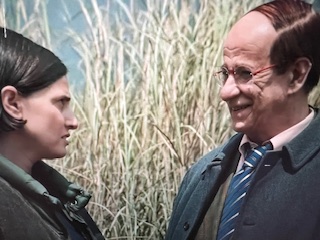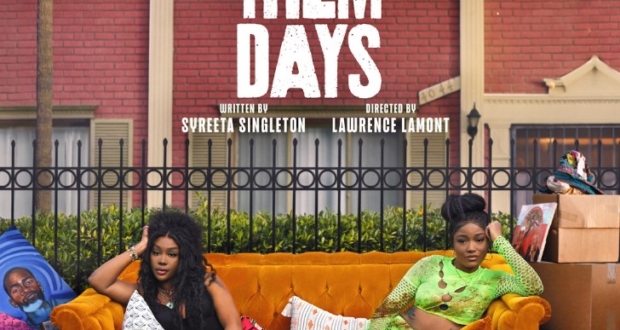The 59th Chicago International Film Festival, North America’s longest-running competitive film festival, opened at the iconic Music Box Theater tonight with a showing of We Grown Now, directed by Minhal Baig.
We Grown Now On Festival Circuit

Director Minhal Baig during the Q&A following Opening Night of the 59th Chicago International Film Festival.
The film is a heartfelt story in Chicago’s Cabrini-Green projects in the fall of 1992. Malik (Blake Cameron James) and Erik (Gian Knight Ramirez) are 12-year-olds with the projects of their playground. S. Epatha Merkerson portrays Malik’s wise and witty grandmother and Malik’s mother, Dolores, is portrayed by Jurnee Smollett (“Lovecraft Country”). All the performances rang true and genuine. The two boys portraying Erik and Malik are particularly affecting, especially at the film’s finale. When violence comes to the neighbourhood, Malik’s mother must decide how best to protect her son. She has a chance at a better job in Peoria, but the Cabrini Green Housing Project has always been their home. How will her children—Malik and his sister—cope?
Written and directed by Minhal Baig (“Hala”, )” We Grown Now” is a coming-of-age story based on the real-life experiences of Chicago’s Black community. “We Grown Now” premiered at the 2023 Toronto International Film Festival and received the TIFF Changemaker Award. Sony Pictures Classics is releasing the film. Baig’s previous feature, “Hala” about a Pakistani-American Muslim teenager uncovering a secret about her family, premiered at the 2019 Sundance Film Festival.
We Grown Now premiered At The 2023 Toronto International Film Festival
The film took one and one-half years to cast and the director explained, during the Q&A, how the exact specifications of a real Cabrini Green unit were recreated. She started collecting the memories of former residents of this housing development, which, at one time, housed 15,000 people, in 2018. The research that went into recreating the housing complex was major. In 1995, CHA began tearing down dilapidated mid- and high-rise buildings, with the last demolished in 2011. Originally built to house workers during WWII, the housing development became synonymous with crime and violence. In the film, the death of a 7-year-old boy is a major turning point in Dolores’ realizing that, “I can’t keep you safe, and that hurts me.”
Among other incidents depicted, were police raids at 2 a.m. that treated all residents as though they were potential criminals. The residents also required to carry I.D. cards to enter or leave their own homes, in an effort to fight rampant crime and violence. I remember when Mayor Jayne Byrne moved into Cabrini Green as a political stunt.
Director Says Making The Movie “Felt Very Personal”
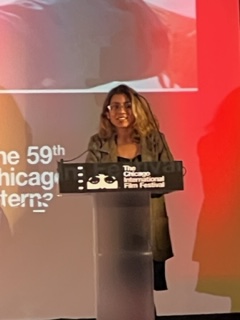
Director Minhal Baig at Opening Night of the 59th Chicago International Film Festival.
The music, including original music by Jay Wordley, is one of the bright spots in the film. Coupled with the cinematography by Pat Scola that used corridors and trains effectively, plus the use of the young protagonists to tell the story of the complex, both good and bad, was an important point-of-view. Director Minhal Baig told the audience that, “I felt like this point-of-view—that a place is the people—was not something I had seen. This place meant a lot to the kids and to the community.”
As a tribute to those who called Cabrini Green home for all those years, it is a remarkable achievement. As its director said, “It felt very personal. We recreated the complex and were very faithful to the original. We were trying to give the place a very lived-in real feeling. The entire production has a very “real” feeling and the collaborative effort between the two young actors and Ms. Smollett (sister of Jesse Smollett) served the film well.
We Grown Now screened at the opening night of the Chicago International Film Festival.
